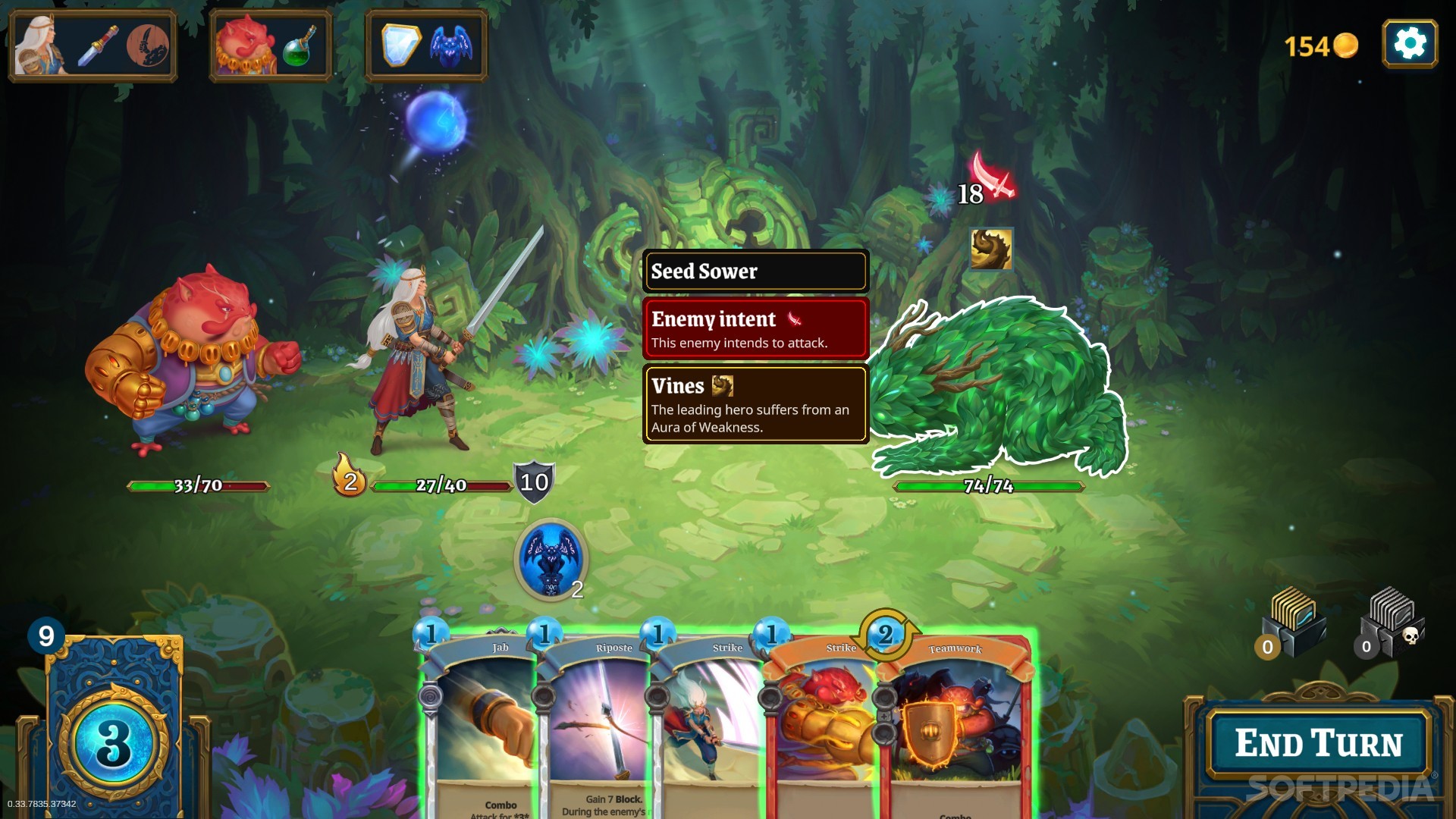

If you couldn’t tell, there is a shocking level of combat complexity going on under the hood of Roguebook. The trick is determining at what point the cost of lowering your character’s health is worth the potential payoff. If you’re interested in exploring the game’s world and getting a bit more familiar with the current deck, several side battles can be initiated in each chapter. By the time I had been playing Roguebook for several hours, I’d found a way to navigate directly to the boss battles in the first two stages, assisted only by brushes. You can approach battles in numerous ways, most of which don’t even require going out of your way to fight non-boss enemies. Eventually, I reserved myself to perfecting several strategies, because I clearly wasn’t always going to have the cards that I needed all the time.Īmazingly, we’ve managed to make it this far into the review without talking about the actual combat. I can’t even begin to count the number of times that I had started a run with a certain plan in mind, only to take a 180-degree turn when the card options weren’t working in my favor. The element of randomness is where things can get really interesting and sometimes, slightly frustrating. Strategy is also contingent upon the cards that you’ve had the chance to add to your deck throughout exploration. I found this to be the most gratifying part of the experience, as it legitimately takes some time to establish what the go-to approach will be for each combatant. Alternatively, you can also purchase single cards directly from the shopkeeper, at increasingly inflated costs.ĭepending upon your selected partner, the strategy you employ can shift greatly. For a vault, you pay the standard fare of 25 pieces and are then presented with three potential card choices. Both approaches depend upon having enough scratch to afford their purchase. Among them, you have the vaults of wisdom and the shopkeeper. Exploring the hexĪs you make your way around Roguebook’s stages, there are at least a couple of avenues for adding cards. You’ll need to do everything in your power to snag new cards because the base deck leaves something to be desired. Early on, acquiring the cards needed to flesh out your deck is the modus operandi. If you have no other housekeeping that needs to be completed, this is where you dive into the shit, as it were. The trick is, you have virtually no indication as to where a vast majority of these are hiding.Įach time around the horn, you start by selecting your partner, followed by updating the skill tree unlocks. You’ll find gold, additional card sources, and even key items strewn about the environment.

You’ll want to use this ability to open up access to most of the map, along with a few dead ends to boot. To traverse each stage, you need to use the paintbrush and inkwells to reveal tiles and allow passage. You cannot move across any greyed (or in this case, browned) out tiles. Essentially, the level unlocks and progression, along the skill tree, are the only elements that carry over between runs.Ī “run” in Roguebook takes place on a fairly standard hex-based grid, with a vast majority of the tiles/spaces being hidden. Along with this, there are also pages that you can collect to better flesh out the skill tree. Each character has a leveling bar that unlocks new potential cards and objects every time you ding a new tier. It was partly due to the quasi-consistent progression between sessions in the form of unit leveling. There’s a reason why I didn’t want to pull my hair out from the endless repetition. Yet for whatever reason, in Roguebook, repeating the same loop doesn’t bother me so much. I mean, who goes into a game with the goal of dying enough to level up their character? The last time I checked, the definition of insanity is doing the same thing over and over again, expecting a different result. If there’s one thing that I’ve always disliked about the roguelike genre its the dependency upon your failure as a gameplay hook. Can this Kickstarted darling deliver on its initial sales pitch, or will it fall tragically short of fans’ expectations? The most recent attempt is a combination deck builder and roguelike by the name of Roguebook. While most of these sorts of titles were reserved for play around a kitchen table, finding a way to make the jump to video game form is all the rage as of late. In fact, at this point, they’ve been around for decades. Deckbuilding games are not a new concept.


 0 kommentar(er)
0 kommentar(er)
